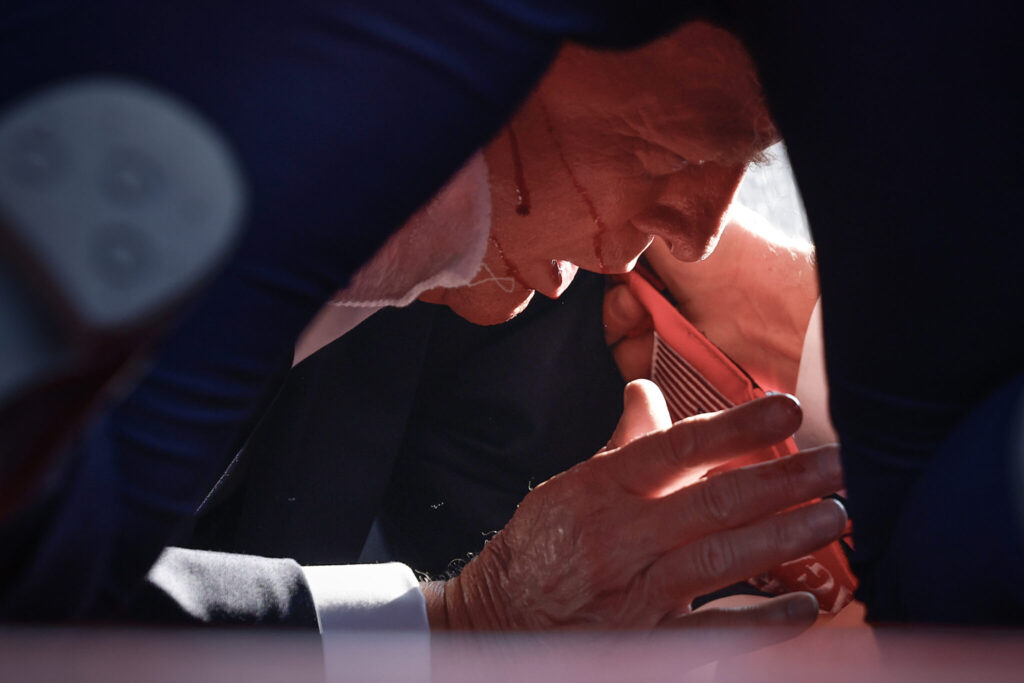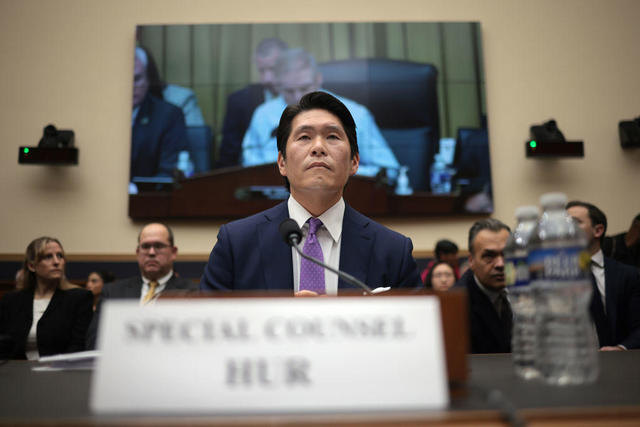In a startling revelation, newly leaked internal emails from BBC correspondent Rami Ruhayem have unveiled serious allegations against the British Broadcasting Corporation (BBC). The emails suggest that the BBC has been broadcasting news without verifying claims or seeking evidence, raising concerns about journalistic integrity and ethical practices within the organization.
The leaked emails highlight a pattern of unverified reporting, particularly concerning coverage of the conflict in Palestine. Ruhayem, a Beirut-based correspondent, criticized the BBC for airing sensational stories about alleged atrocities committed by Hamas fighters without proper verification. These unsubstantiated claims were broadcast repeatedly, despite the lack of concrete evidence.
In one instance, Ruhayem detailed how graphic allegations about Hamas fighters were allowed to pass unchallenged on air. “From the start, it was evident that unverified claims of the most atrocious acts by Hamas fighters against Israelis were being circulated and repeated at the highest levels,” Ruhayem wrote. He pointed out that BBC presenters often failed to ask for evidence or clarify that the claims had not been verified.
The emails also accuse the BBC of sensationalizing news stories to push a specific political agenda. Ruhayem suggested that the unverified allegations were part of a broader strategy to garner political support for Israel’s actions. “The BBC’s approach to reporting has contributed to shaping public perception in a way that supports Israel’s actions,” he stated.
Ruhayem’s emails describe how the repetition of unverified and sensational claims served to reinforce extreme portrayals of Israel’s enemies. This biased coverage likely influenced public opinion and political discourse, aligning with Israeli propaganda efforts.
The leaked correspondence reveals deep-seated grievances among BBC staff regarding the organization’s editorial direction. Ruhayem noted that despite numerous evidence-based critiques from staff members, BBC management failed to address these concerns. Instead of fostering thorough examination and inclusive discussions, the management opted to continue the problematic editorial practices.
In an email dated May 1, 2024, Ruhayem wrote to BBC Director General Tim Davie and several departments, detailing the editorial failings. He emphasized the need for mechanisms to ensure accurate and ethical reporting, which he claimed were ignored by the management.
The allegations of journalistic malpractice have significant implications for the BBC’s reputation and credibility. Broadcasting unverified information and sensationalizing stories undermine the core principles of journalism: accuracy, fairness, and impartiality. These practices not only misinform the public but also erode trust in the media.
The leaked emails call into question the integrity of the BBC’s news coverage and highlight the need for rigorous journalistic standards. As the organization faces scrutiny, it must address these issues to restore its standing as a trusted news source.
The bombshell leaks from Rami Ruhayem’s emails expose serious flaws in the BBC’s reporting practices, revealing a troubling pattern of unverified reporting and political bias. As the media landscape continues to evolve, maintaining journalistic integrity and accountability remains paramount. The BBC must take urgent steps to rectify these issues and uphold the highest standards of journalism.


























You must be logged in to post a comment Login